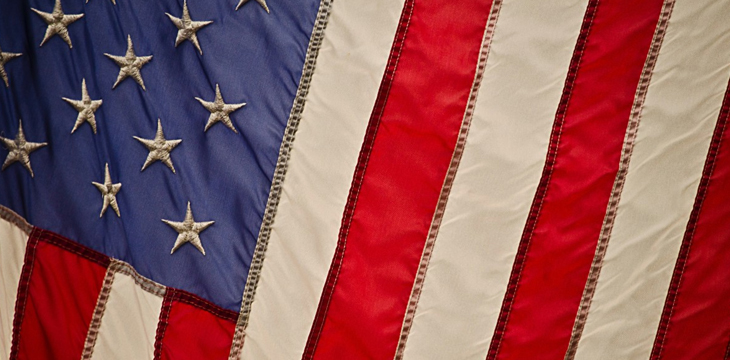|
Getting your Trinity Audio player ready...
|
The U.S. Federal Election Commission has approved the use of a digital asset token by congressional candidate Omar Reyes in his campaign. The commission published an advisory opinion this week, stating that Reyes’ campaign committee can issue the ERC-20 tokens as an incentive for supporters to engage in volunteer activities.
The FEC is an independent regulatory agency which enforces campaign financing laws in the U.S. federal elections. In its advisory opinion, the commission determined that the OMR tokens, which are built on the Ethereum blockchain, don’t constitute compensation. Rather, they are “materially indistinguishable from traditional forms of campaign souvenirs.”
Reyes is an independent candidate for election to the U.S. House of Representatives from the 22nd Congressional District of Florida in the 2020 general election. He developed the OMR tokens which he intends to distribute to volunteers and supporters as an incentive to engage in activities that support his campaign. He created 10 million OMR tokens, which don’t have no monetary value and can’t be used to purchase goods or services. Reyes and his election campaign will not sell the tokens to any of his supporters.
Once a supporter downloads a digital wallet, Reyes’ team will transfer the tokens to him or her, depending on the support offered to the campaign. In doing so, the team will pay a small transaction fee to the Ethereum network. The team believes that since a fee is involved, the supporters will refrain from sending the tokens to each other. Once the campaign is over, the team will destroy all the remaining tokens, if any.
At the end of the campaign, the team will reward the three supporters who own the highest number of OMR tokens.
The FEC concluded, “Rather than constituting a form of compensation, OMR Tokens are analogous to more traditional types of campaign souvenirs, such as bumper stickers, yard signs or buttons — all of which are regularly distributed by campaigns to volunteers and supporters at no cost to the volunteer or supporter, and without implicating federal campaign finance law. In fact, the distribution of such campaign souvenirs has been an essential component of American political campaigns since the earliest American elections.”
Canada declared earlier this year that it doesn’t consider cryptos to be money when it comes to election donations. According to Elections Canada, the body mandated with election monitoring, cryptos don’t count as money since they can’t be deposited into bank accounts.

 02-09-2026
02-09-2026 




